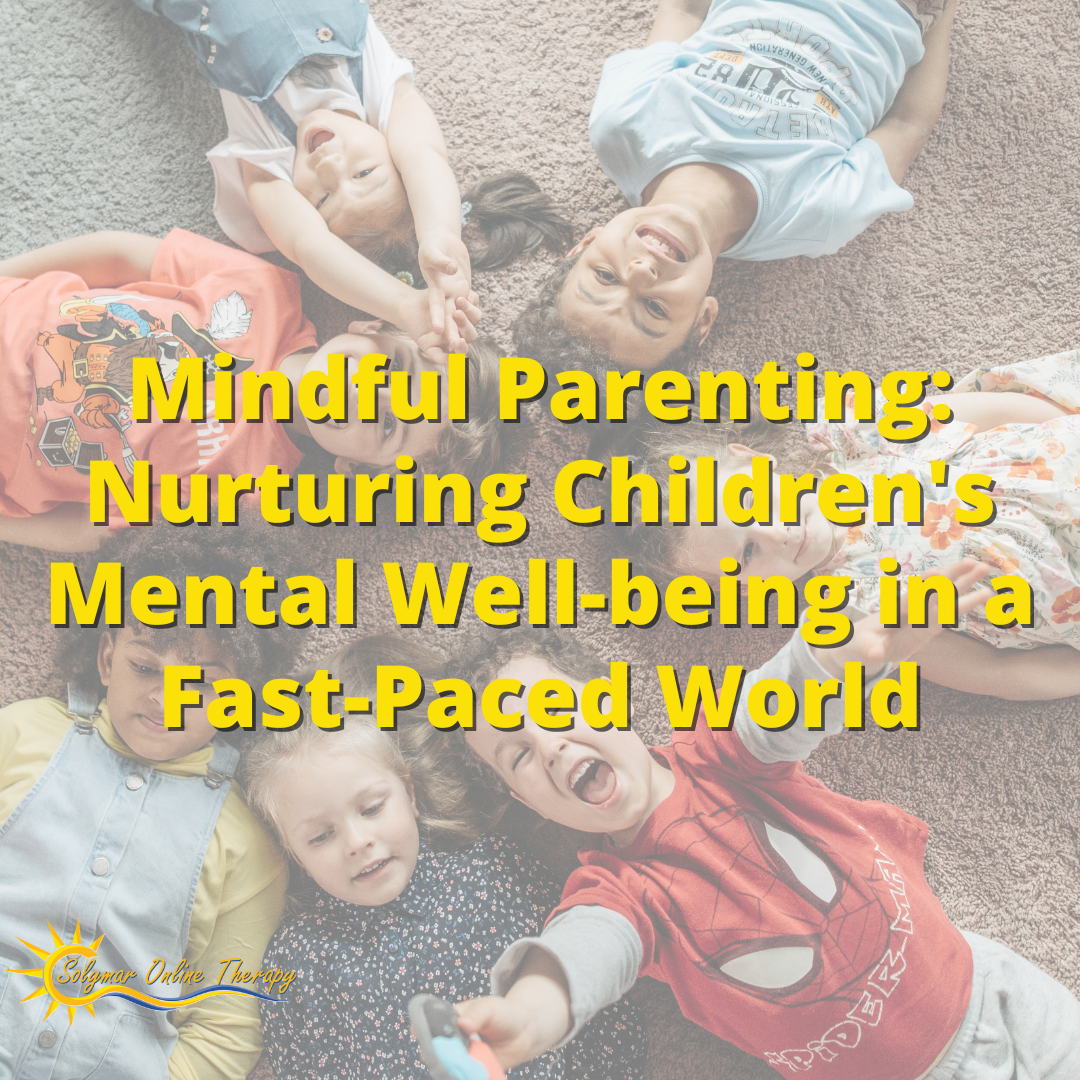 Introduction
Introduction
In today's fast-paced world, children are growing up amidst an array of distractions, academic pressures, and technological advancements that have fundamentally altered the dynamics of childhood. As parents, it is crucial to recognize the impact of this environment on our children's mental well-being and take proactive steps to cultivate mindfulness in parenting. Mindful parenting offers a holistic approach that empowers both parents and children to navigate the challenges of modern life with resilience, emotional intelligence, and a strong sense of well-being.
Understanding Mindful Parenting
Mindful parenting is a practice rooted in mindfulness principles, where parents strive to be present, attentive, and nonjudgmental in their interactions with their children. It involves cultivating self-awareness, empathy, and emotional regulation, which in turn fosters a nurturing environment for the child's mental and emotional growth. This approach encourages parents to establish a deeper connection with their children by focusing on the present moment, reducing reactivity, and promoting effective communication.
The Challenges of a Fast-Paced World
In today's digital age, children are exposed to an overload of information and stimuli that can lead to increased stress levels and diminished mental well-being. Academic pressures, extracurricular activities, and social comparisons can contribute to anxiety and feelings of inadequacy. Additionally, the prevalence of social media and digital devices can lead to detachment from real-life experiences, hindering the development of authentic relationships and emotional regulation skills.
The Role of Mindful Parenting
-
Emotional Regulation: Mindful parenting helps parents teach their children how to identify and manage their emotions. By modeling emotional regulation themselves, parents can show children healthy ways to express and cope with their feelings. This equips children with vital skills to handle stress and setbacks effectively.
-
Open Communication: Mindful parents actively listen to their children, creating a safe space for open communication. This encourages children to share their thoughts and concerns without fear of judgment. Honest discussions about feelings and challenges can strengthen the parent-child bond and foster emotional intelligence.
-
Empathy Development: Practicing empathy is a cornerstone of mindful parenting. By understanding and validating children's feelings, parents demonstrate empathy, which in turn helps children develop empathy towards others. This empathic outlook enhances social skills and promotes positive relationships.
-
Reducing Over-Scheduling: Mindful parents recognize the importance of balance and the need for downtime. By advocating for age-appropriate schedules and encouraging leisure activities, parents enable their children to recharge and focus on self-care, which is essential for mental well-being.
-
Limiting Screen Time: Mindful parenting involves setting boundaries around screen time. By encouraging real-world experiences and face-to-face interactions, parents help children develop healthy digital habits and prevent the negative impact of excessive screen exposure.
-
Promoting Mindfulness Practices: Introducing children to mindfulness practices such as deep breathing, meditation, and relaxation exercises can enhance their self-awareness and resilience. These practices empower children to manage stress and anxiety effectively.
Incorporating Mindful Parenting into Daily Life
-
Lead by Example: Children learn through observation, so parents must model mindful behavior. Demonstrating self-care, emotional regulation, and active listening sets the foundation for children to adopt these practices themselves.
-
Create Rituals: Establishing daily rituals like family meals without distractions or bedtime reflection can provide opportunities for meaningful interactions. These rituals foster a sense of connection and security for children.
-
Practice Gratitude: Encourage children to express gratitude regularly by focusing on the positive aspects of their lives. This practice cultivates a positive mindset and fosters resilience against challenges.
-
Encourage Mindful Activities: Engage in activities that encourage mindfulness together, such as nature walks, art, or mindful eating. These activities help children develop a heightened sense of awareness and presence.
Conclusion
In a world that often prioritizes speed and efficiency, the practice of mindful parenting offers a counterbalance that promotes children's mental well-being. By embracing the principles of mindfulness and incorporating them into daily interactions, parents can empower their children to navigate life's challenges with resilience, emotional intelligence, and a deep sense of well-being. Through emotional regulation, open communication, empathy development, and the promotion of mindful practices, parents play a pivotal role in nurturing a generation that is equipped to thrive in a fast-paced world while maintaining their mental health and happiness.
Hashtags: #MindfulParenting #ChildrensWellBeing #FastPacedWorld #EmotionalIntelligence #OpenCommunication #Resilience #MindfulnessPractices #EmpatheticParenting #ScreenTimeManagement #PositiveRelationships #DigitalAgeChallenges #SelfCareRoutines #NurturingChildhood #BalanceInLife






